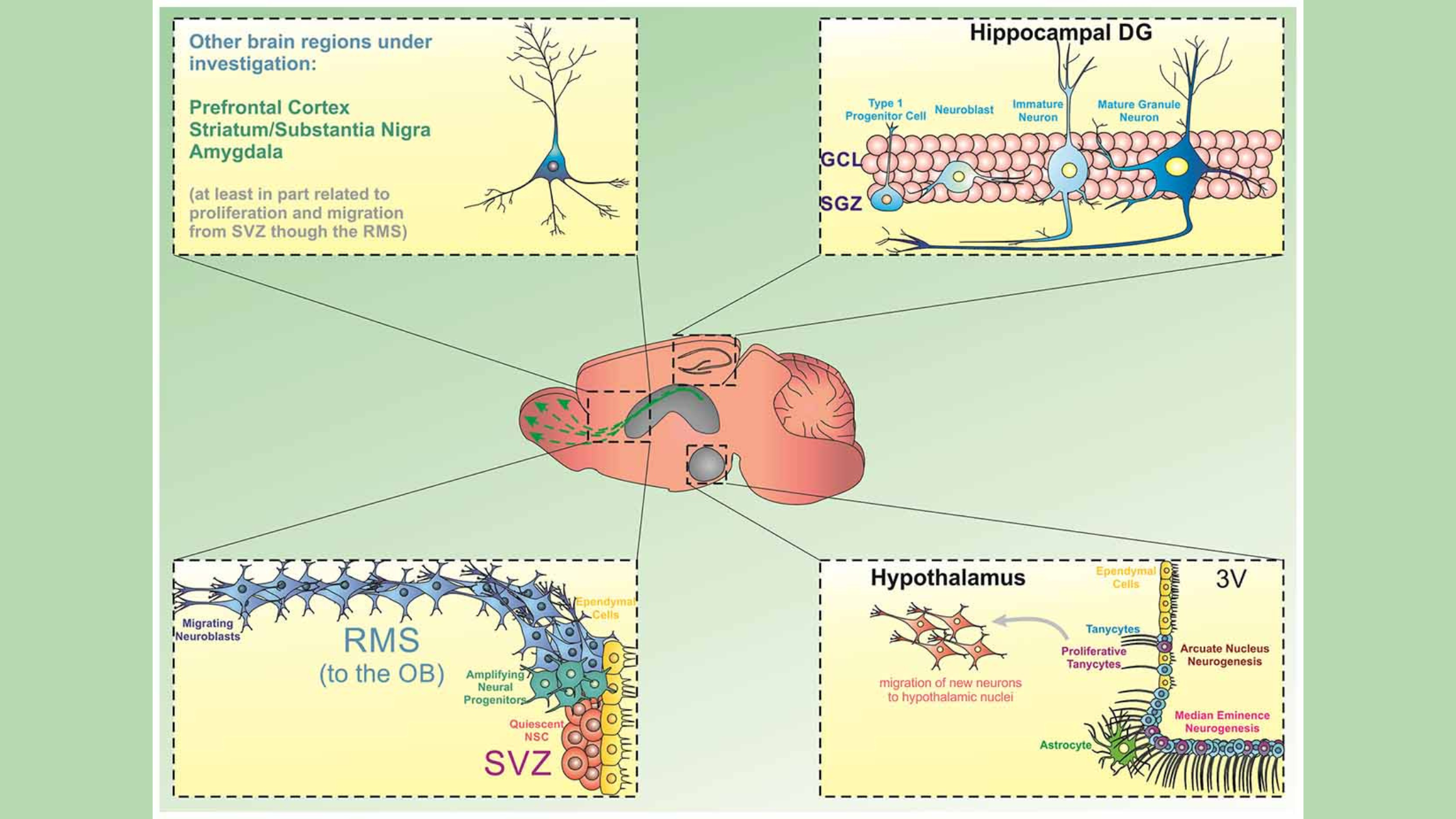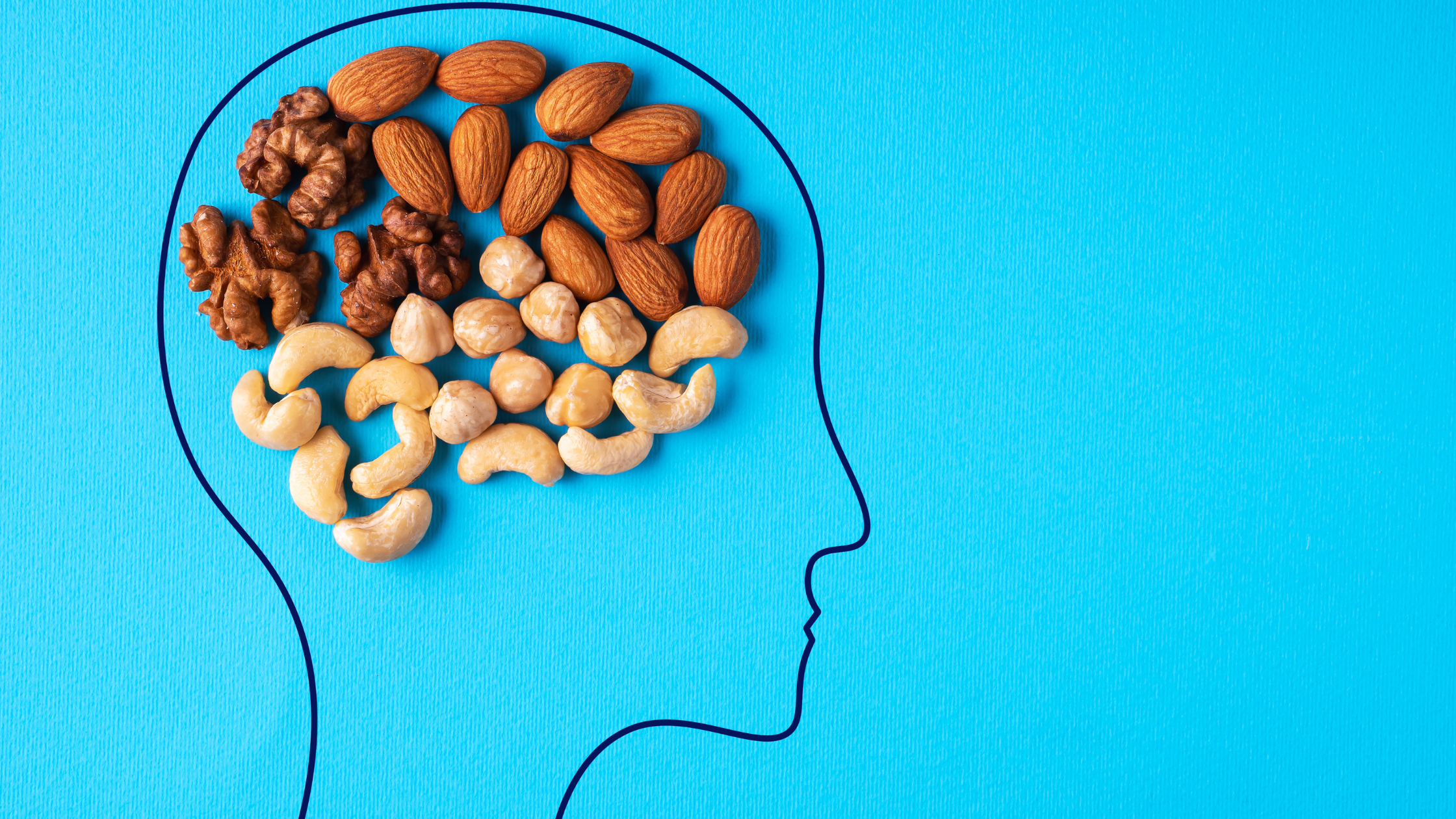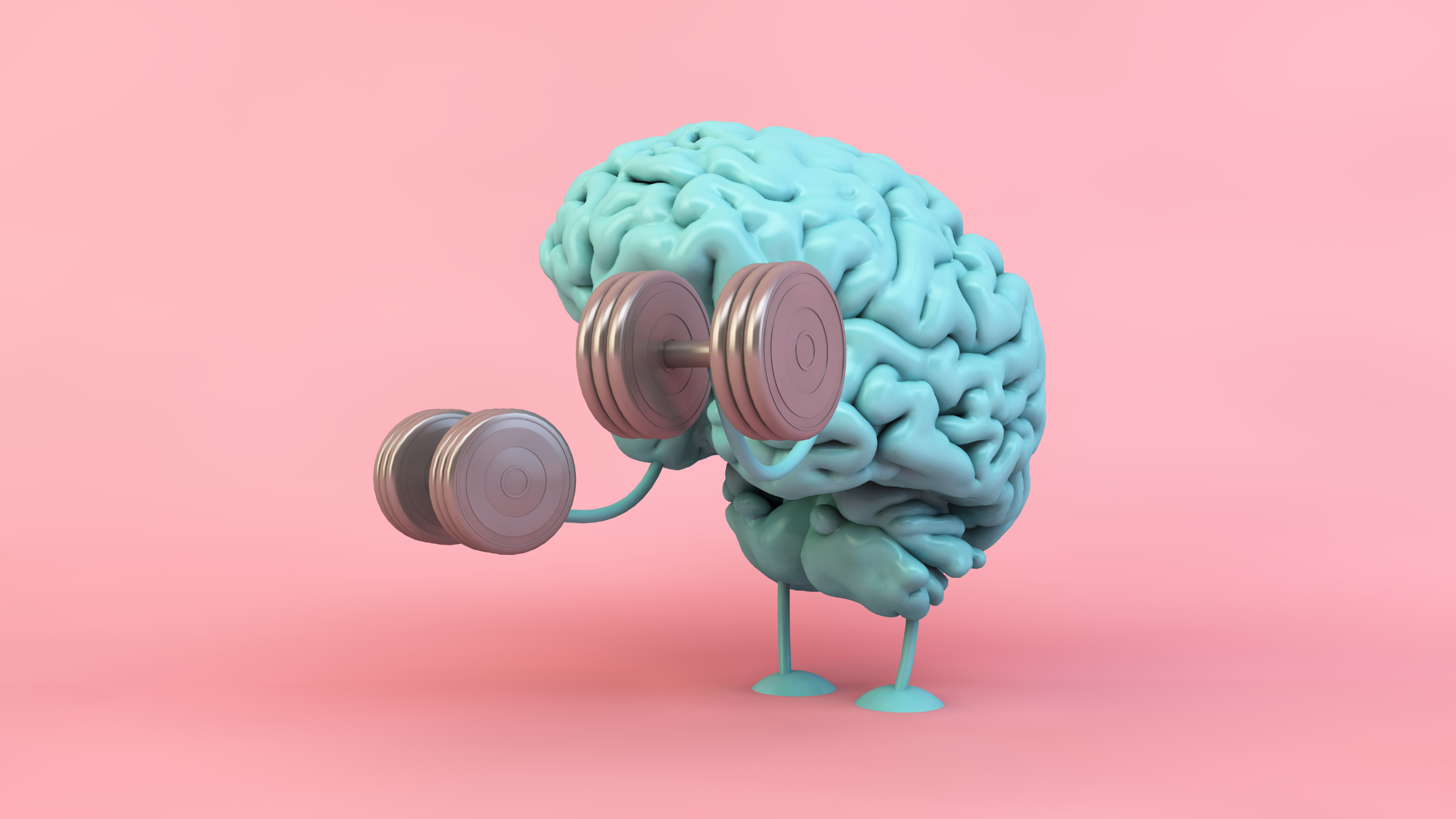
Neurogenesis is the process by which new neurons are formed in the brain. For a long time, it was believed that this process only occurs during fetal development and early childhood.
Before birth, the majority of neurogenesis has already occurred, and the brain continues to grow in childhood as the hippocampus develops. This is the part of the brain responsible for learning, memory, spatial awareness, and emotional regulation, to name a few of its functions.
However, recent research has shown that neurogenesis can occur in adults as well, particularly in the hippocampus.

What Adult Neurogenesis Means for Brain Health
Why is this discovery about the seemingly stagnant adult brain so important? For one, experts believe that adult neurogenesis plays an important role in brain health.
In being able to basically produce more brain cells, adult neurogenesis has been linked to a range of benefits, including improved learning and memory, increased resistance to stress, and a reduced risk of depression and anxiety. By promoting neurogenesis in adults, it may be possible to improve brain function and reduce the risk of various mental health disorders.
Take Alzheimer’s for example. Victims lose brain function as brain cells, particularly around the hippocampus, deteriorate. While there is a genetic factor affecting your risk of developing Alzheimer’s, being able to promote neurogenesis combats brain deterioration and can help you balance the odds.

Is There a Way to Train Our Brains?
On that note, you might be wondering if you can “activate” neurogenesis. Fortunately, there are several things you can do right now. In general, many routines that aim to train your mental fitness count towards promoting neurogenesis too, but here are a few habits you should try:
Exercise Regularly: Believe it or not, studies have shown that exercise is linked to an increased production of new neurons in the hippocampus, especially with aerobic workouts. As an adult Aim for at least 30 minutes of moderate-intensity exercise most days of the week.
Get Enough Sleep: Sleep is essential for brain health, and suffering from sleep deprivation can hinder the production of new neurons. Aim for at least 7-8 hours of sleep each night, and try to preserve or improve your sleep hygiene for better quality rest.
Manage Stress: Chronic stress can have a negative impact on brain health, including neurogenesis. Try stress-reducing activities like yoga, meditation, or deep breathing exercises.
Eat a Balanced Diet: A healthy diet is important for overall health, but certain “brain foods” like walnuts may also promote neurogenesis. These include foods high in omega-3 fatty acids (such as fatty fish), flavonoids (found in fruits and vegetables), and polyphenols (found in tea and red wine).
Keep Learning: You’ll find that your brain health will only benefit from staying curious. Don’t limit yourself to the belief that adults can’t learn anything new. Instead, stimulate the brain, consider taking a new class, trying a new hobby, or learning a new language. Old dogs can indeed learn new tricks.
Genetics and Brain Function
If there’s one thing you can take away from neurogenesis, it is that you are more in control of our health and well-being than you might think. Genetics will impact certain aspects of our mental capacity, including memory, attention, and risks for certain brain diseases. However, understanding how our unique genetics affect your brain health empowers you to take action for the better.
With a genetic test like that of CircleDNA’s, you’ll know your own strengths and weaknesses around brain function, among one of many health categories. From there, you can tailor a smarter plan to not only train your brain, but also become the healthiest you can be.






